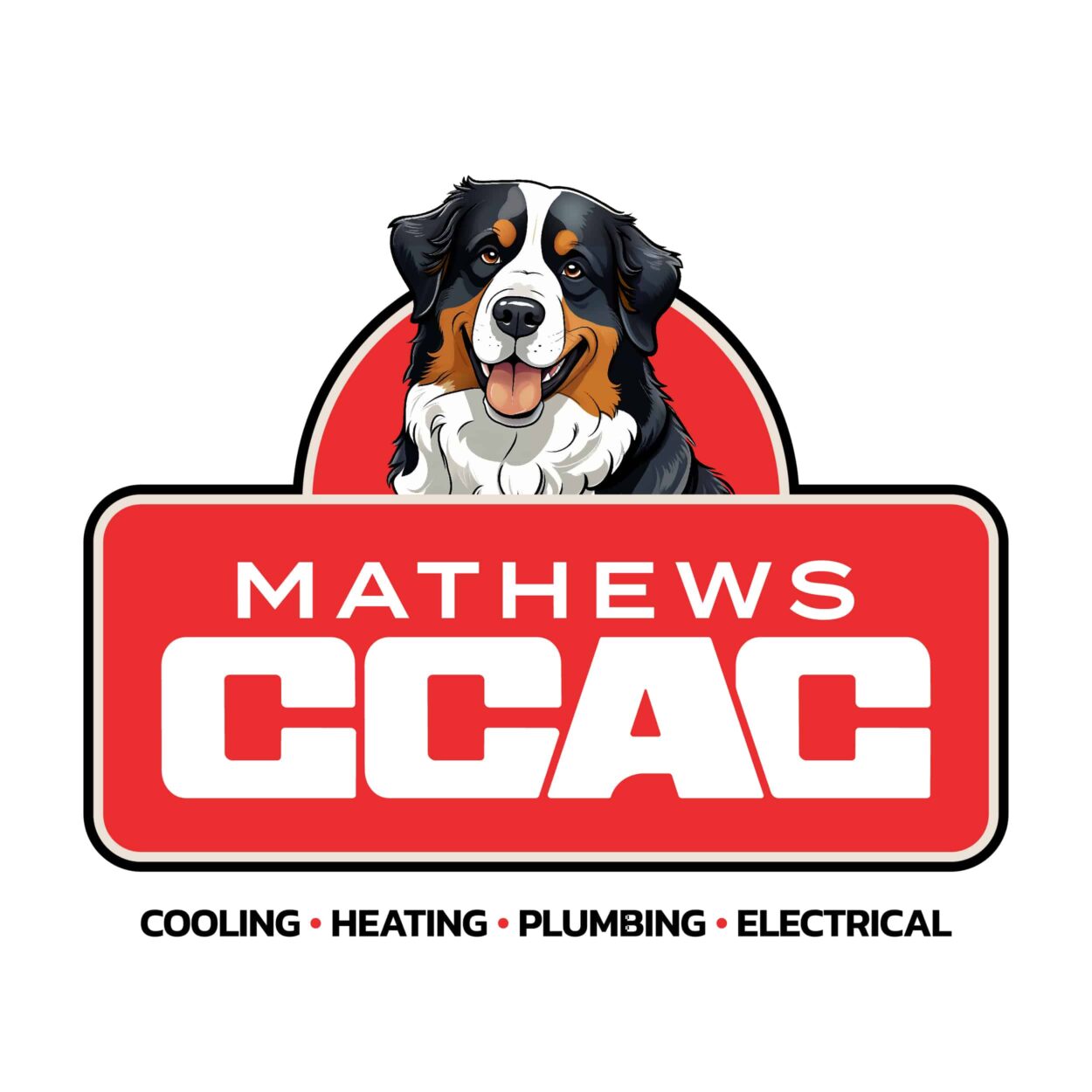
The HVAC industry has lots of acronyms, which can be confusing to the uninitiated. You’ll hear them when shopping for a new system or see them printed on your unit. Knowing these HVAC acronyms helps you understand your system better and make informed buying decisions. We’d like to help you out, so here are some of the common HVAC acronyms that you should know.
BTUs
British Thermal Units refer to the quantity of heat that an HVAC unit can remove or add to the air in an hour. The establishment of a building’s BTU requirements helps ensure that the right heating and cooling system is installed.
SEER
The SEER, or Seasonal Energy Efficiency Ratio, describes the cooling efficiency of an air conditioner or heat pump. It’s calculated by dividing the cooling output in a typical cooling season by the total electricity consumed over the same period. The higher the SEER rating, the higher the cooling equipment’s efficiency.
AFUE
The Annual Fuel Utilization Efficiency, or AFUE, measures the efficiency of furnaces. It’s obtained by dividing the heat output by the amount of fuel consumed. A higher AFUE indicates higher efficiency.
HSPF
The Heating Seasonal Performance Factor is a measure of a heat pump’s overall heating efficiency during the heating season. It’s obtained by dividing the total heat output during the season by the electrical power consumed over the same period. The higher a unit’s HSPF rating, the more efficient it is.
MERV
The Minimum Efficiency Reporting Value (MERV) rating notes the efficiency of air filters at capturing airborne particles. The MERV scale runs from 1 to 16. A higher number implies that the filter can trap smaller particles.
CFM
CFM (cubic feet per minute) is a measure of the amount of air that’s circulated in a given space.
Now that you have a better understanding of these basic HVAC acronyms, you can comfortably start a conversation with your HVAC contractor. If you need expert consultation and professional HVAC installation, repair, or maintenance in the Corpus Christi area, contact the trusted professionals at CCAC.












